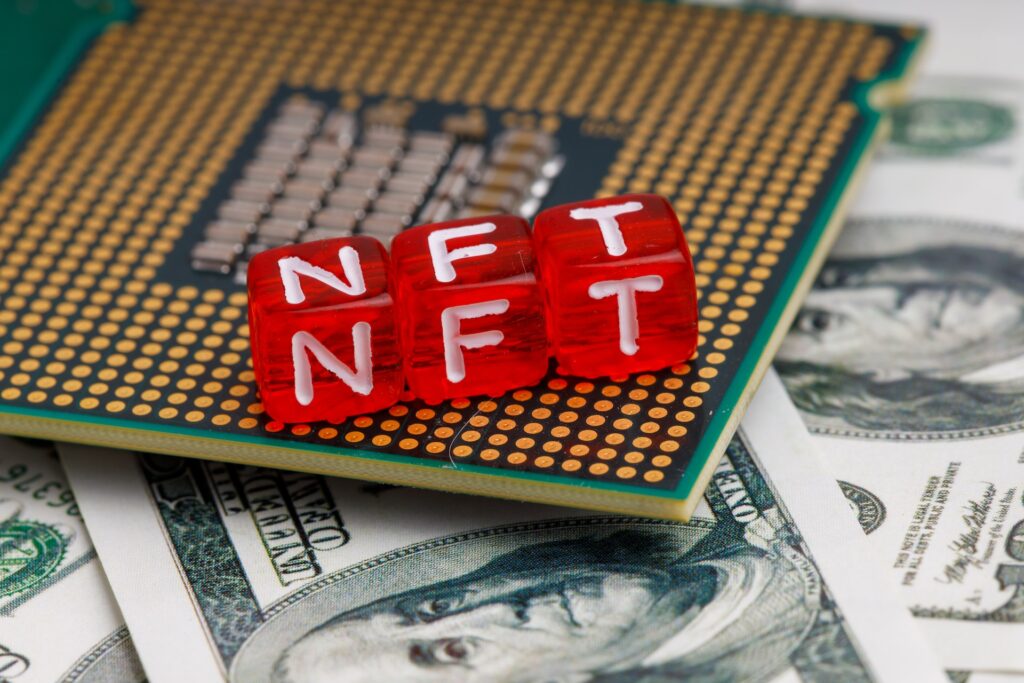4 Key Facts to Know about MiCA, a piece European Union Regulation on Crypto Likely to Come into Effect in 2024

MiCA is a piece of EU regulation that has already been passed at all levels of the EU except one, which is gaining the approval of the EU Parliament. However, it is not expected to be resisted by this body. If it is approved, it will come into effect next year, in 2024.
There have been other attempts to regulate crypto-currency at national and even international level. MiCA, however, is unique. MiCA doesn’t necessarily antagonize the crypto market. At the beginning, it sought to ban DeFi and penalize certain uses of NFTs. However, during the course of its circulation through different EU institutions, it has become a piece of legislation that seeks to bolster the growth of the economy and innovation through crypto-assets.
MiCA’s main aims are to avoid money laundering, prevent economic aid of terrorism, protect the consumer, regulate industry, uphold the integrity of the markets and, unlike US regulations, bring awareness to the environmental impact of the use of crypto assets. Another important difference between MiCA and current US regulations on crypto is a clear identification of the institutions responsible for enforcing these rules at every level.

What’s MiCA About?
MiCA stands for “Markets in Crypto-Assets.” In a broad sense, this piece of legislation was designed so that the Union wasn’t left behind in the change of the global economy. This seems to be headed towards the use of crypto as well as fiat currency. People within the EU see this legislation as being designed for the benefit of the people within the Union.
MiCA defines crypto using the term “crypto-asset.” A crypto-asset according to MiCA is a “digital representation of a value or a right which may be transferred and stored electronically, using distributed ledger technology or similar technology.”
It classifies crypto-assets as belonging to one of three categories: Electronic money tokens or EMTs, asset-referenced tokens or ARTs, and other crypto-assets that don’t fit into the two previous categories. EMTs are crypto-assets whose value is tied to another form of official currency. ARTs reference any other value or right that isn’t official currency. An example of a crypto-asset that doesn’t fit into the EMT or ART categories is a utility token.
Now that we understand the definition and classification of crypto-asset according to MiCA, we can move on to more pressing topics. If your business is located within the European Union or if it’s looking to expand to that territory, here is how to prepare for MiCA. You can always talk to the experts at Digital Lawyers to get a better picture as to the best course of action for your company specifically.

1. Look into the requirements for CASPs
Under MiCA, a CASP is a Crypto-Asset Service Provider. It is a good idea to figure out whether your business falls into the definition of a CASP. Said definition is that of any person or persons engaged in the issuance, offering and/or admission to trading of crypto-assets or the provision of Crypto-Asset services. The regulation provides several examples of what constitutes a CASP.
A CASP has to fulfill several requirements. Some CASPs are certified financial institutions like banks or credit institutions. Others are people or institutions that acquire the approval of a competent authority. They must have a registered office in EU territory where they carry out at least part of its services. They also have to have at least one director resident in a Member State of the Union.
These CASPs are liable to their clients for the loss of crypto-assets or the loss of access to them. The losses that are contemplated by the regulation include ICT-related incidents, including cyber-attacks, theft, and malfunction. they must also provide a whitepaper. Said document must state the identity of the issuer, information about the crypto-asset, the underlying technology, and the associated risks of acquiring the crypto-asset. Other requirements of the whitepaper will vary according to the nature of the asset itself. Another important point to bear in mind is that advertising and marketing communications must not contradict said whitepaper. They have to be consistent with its contents.
CASPs must also provide agreements to their clients. Information on said agreements is found on Article 67 of the document. Finally, CASPs are also required to be transparent when it comes to their governance. They must provide documents regarding the organizational structure of the company, among other key factors.

2. Protectionist policies are focused on Stablecoins (but not all)
Stablecoins are seen as the main threat to economic security and the legitimacy of the crypto market by the authors of MiCA. Therefore, they could face legal trouble. However, if the stablecoins are backed by a basket of sovereign debt or auditable euros, MiCA isn’t so harsh on them. Stablecoins not backed by the euro are not exactly forbidden, though. The issuers of these must prove the backing is there periodically.

3. MiCA offers protection for DeFi providers
The original draft of MiCA sought to ban DeFi entirely. However, it has changed along the way, and now providers can recur to this piece of regulation for protection. There were certain stakeholders who wanted to hold them liable for all activity on their network. This legal framework does provide full protection for DeFi providers. After all, the sort of penalties others were looking to impose would only work if these networks were centralized. The very name DeFi (decentralized finance) suggests the opposite.

4. NFTs are not currently classified as crypto and are outside the scope of the legislation
NFTs are not covered right now in the scope of MiCA. There are some exceptions in which the value of the NFT is very clearly tied to some other form of cryptocurrency. This doesn’t mean that they are free from the scrutiny of both the country in which the owner lives or the EU. It means that legal decisions will be reached according to the characteristics of the NFT itself as well as the context of the dispute. Some individuals within the EU have hinted that this could change.
If your company buys, sells, or is otherwise involved in the exchange or collection of NFTs, beware that there are no clear regulations as of today in the EU. You may decide to interpret this ambiguity as an advantage because you can explore loopholes if your business comes under scrutiny. You may also see them as a drawback because you don’t know exactly what to expect if you face legal trouble. Either way, it’s always a good idea to seek advice from experts.
MiCA is a revolutionary global regulation. This is so because it doesn’t seem to go against the current trend of banning and seeking to over-regulate crypto. On the contrary, it seems to embrace the innovation crypto brings with it. If you have a business that deals with crypto located in a Member State or with business there, talk to us – our lawyers are more than happy to help!
References
https://forkast.news/europe-mica-can-pave-way-for-crypto-revival/amp/
https://www.europarl.europa.eu/thinktank/en/document/EPRS_BRI(2022)739221





